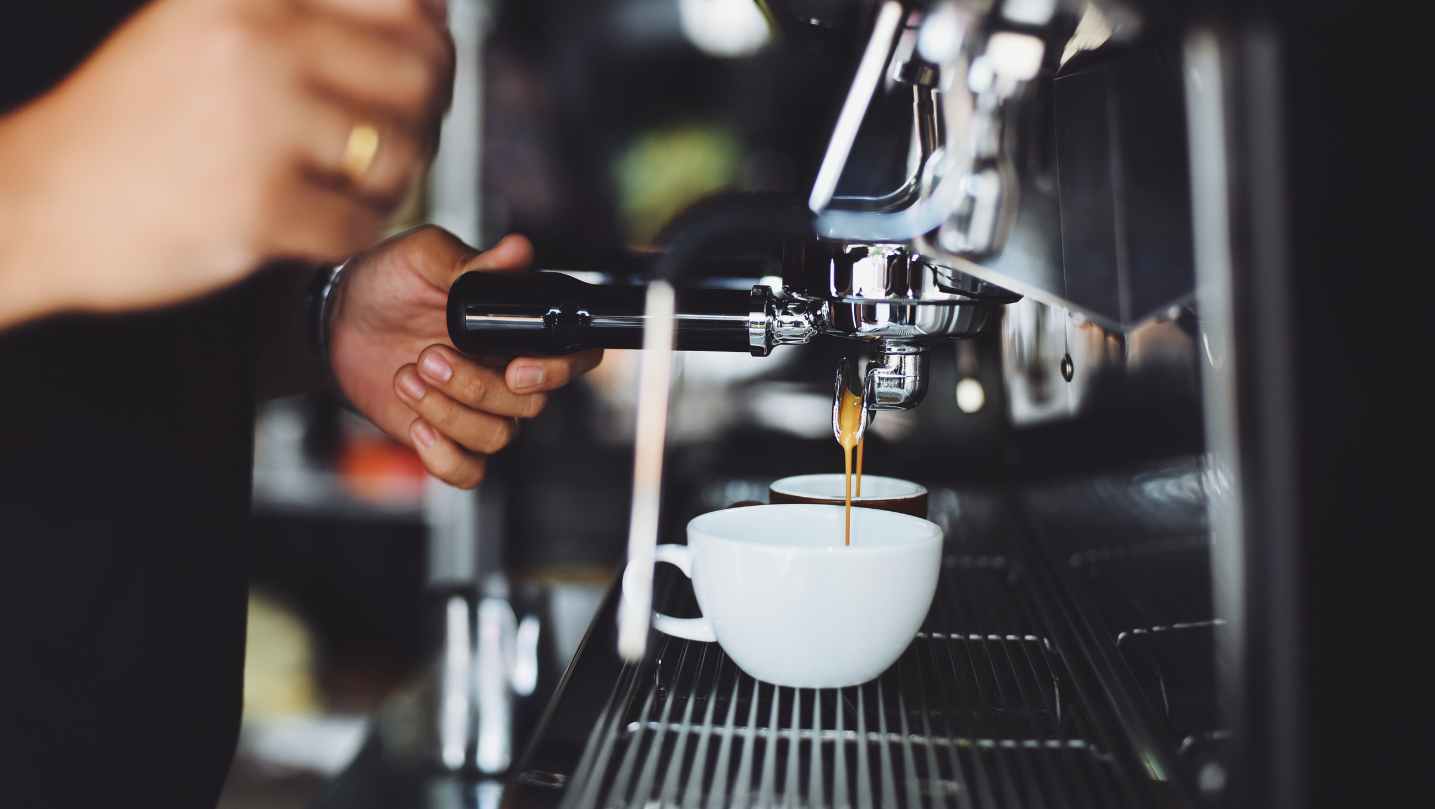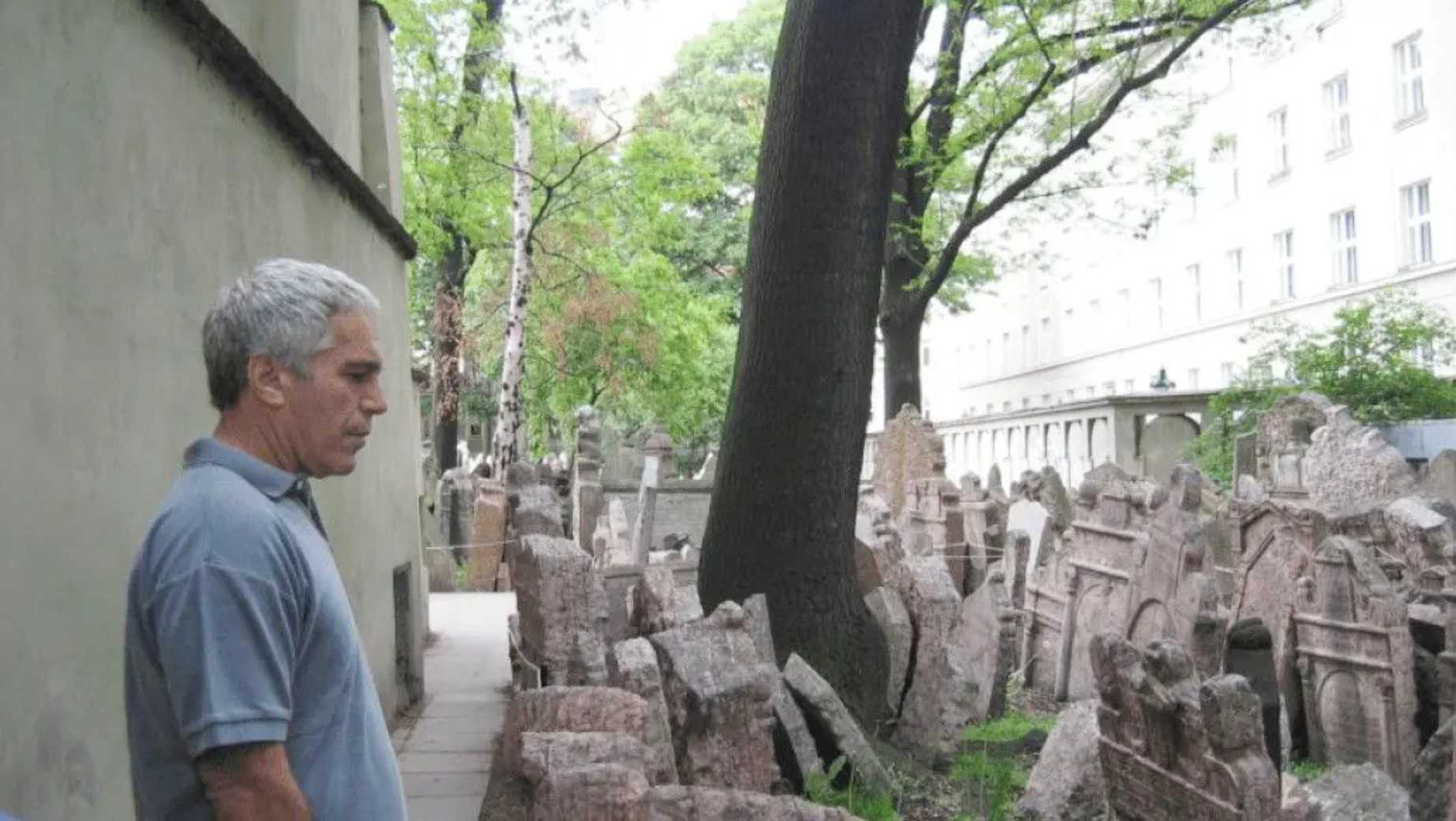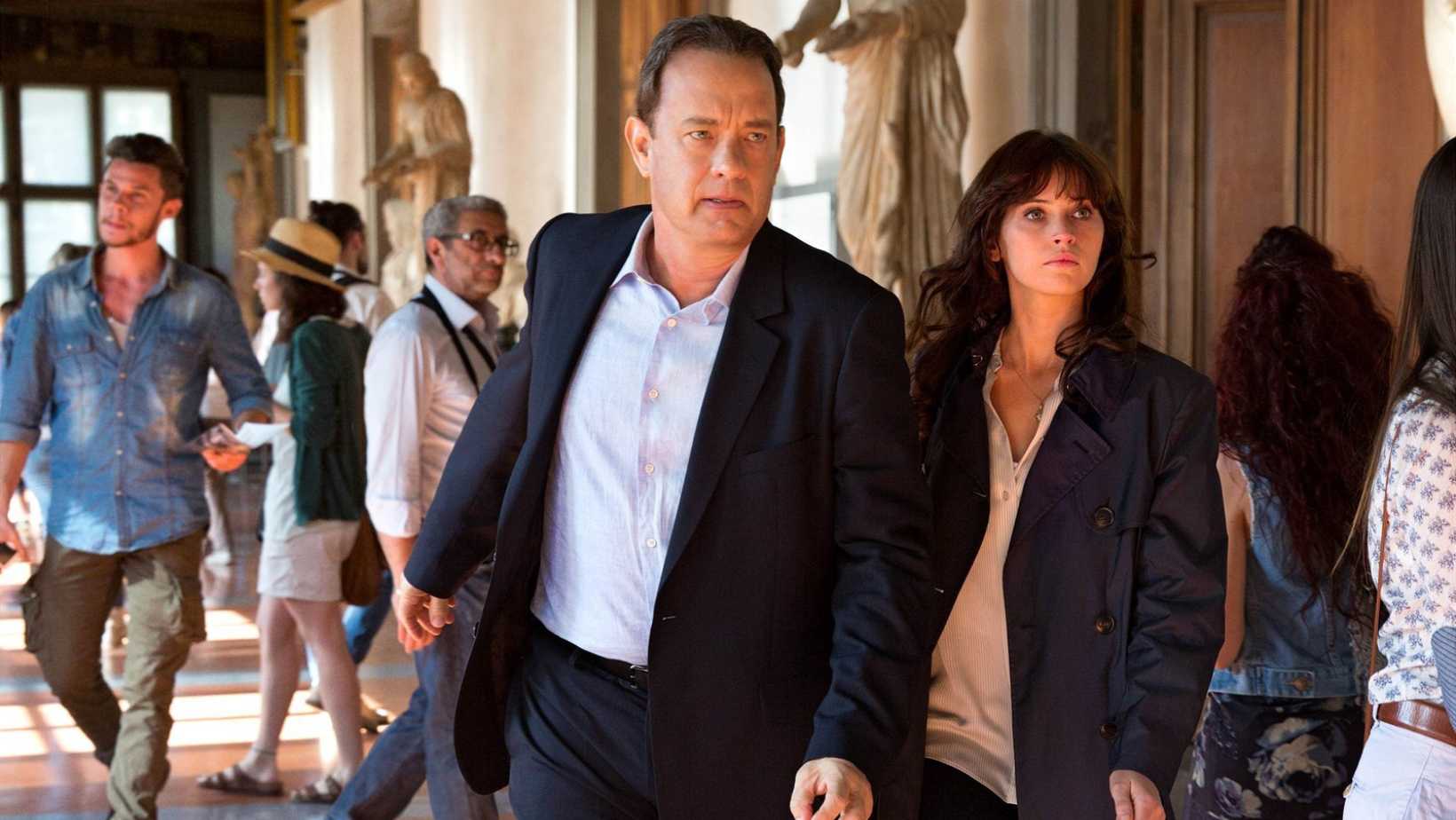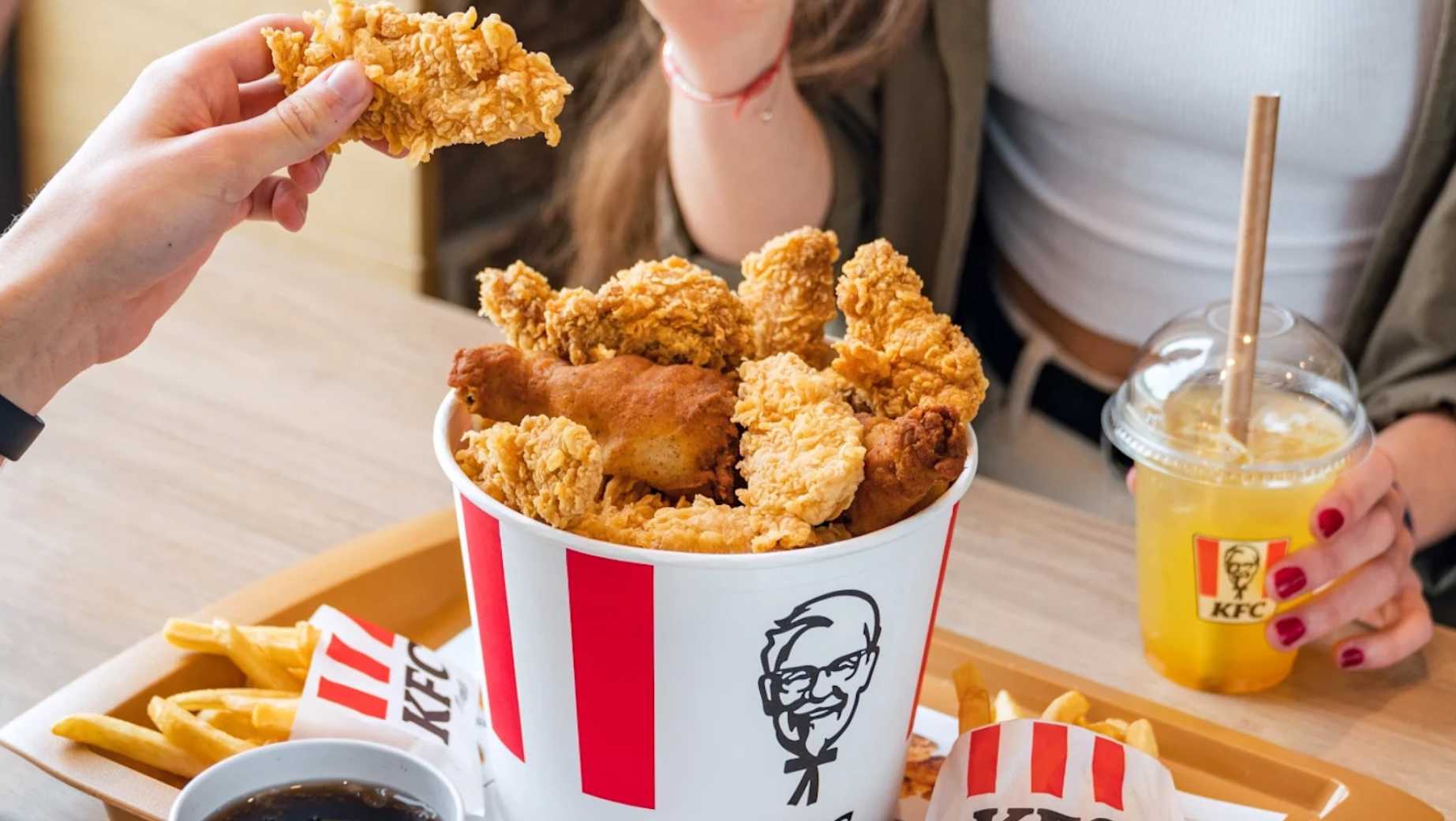Arabica Coffee Prices Hit 50-Year High: How It Will Affect Espresso in Prague
Prague Morning

Coffee lovers will soon face a higher bill as prices for arabica coffee have hit record levels.
This week, coffee futures surpassed the previous peak from 1977, nearly doubling in price this year alone.
Futures contracts for arabica coffee reached over $3.45 per pound (0.45 kilograms) this week, breaking a nearly 50-year-old price record.
While Brazil, the world’s largest producer of arabica, was affected by devastating frosts in 1975, this year’s price surge is due to a prolonged drought.
In addition, Vietnam’s robusta coffee production has also been impacted by drought during the growing season, followed by heavy rains at the start of the harvest.
“The drought has been a key factor this year,” explains Jiří Tyleček, chief analyst at XTB. “In spring, Vietnam’s robusta crops began to suffer, and by autumn, the drought reached Brazil, affecting arabica production—the worst in the last 70 years.”
This situation represents a perfect storm of multiple challenges. Alongside adverse weather, there are growing concerns about the tariffs former U.S. President Trump is preparing to impose on imported goods starting in January. “The U.S. is unusually overstocking, which exacerbates the rising prices trend,” adds Václav Durďák, owner of Coffeespot coffee roastery.
But the price hike isn’t limited to the U.S. The upcoming EU regulation aimed at reducing deforestation could make both coffee and cocoa more expensive in Europe, according to Jiří Tyleček, chief analyst at XTB
Will Espresso in Prague Cost a CZK 100?
The price of espresso in cafes is expected to rise, although economists believe the increase won’t mirror the dramatic rise in coffee futures.
“The situation will undoubtedly affect cafe prices, but operators also consider other factors like energy costs and wages when setting prices. So, the increase is unlikely to be severe,” reassures Lukáš Raška from Portu.
“We are the last ones who want to raise prices. Thanks to prudent stockpiling, we’ve managed to keep prices lower for several months.”
Tyleček suggests that coffee prices in cafes could rise by about 10%.
He adds, “Consumers should prepare for further price increases in the coming months, as the weak Czech koruna also drives up the cost of importing coffee.”
Would you like us to write about your business? Find out more
-
NEWSLETTER
Subscribe for our daily news









